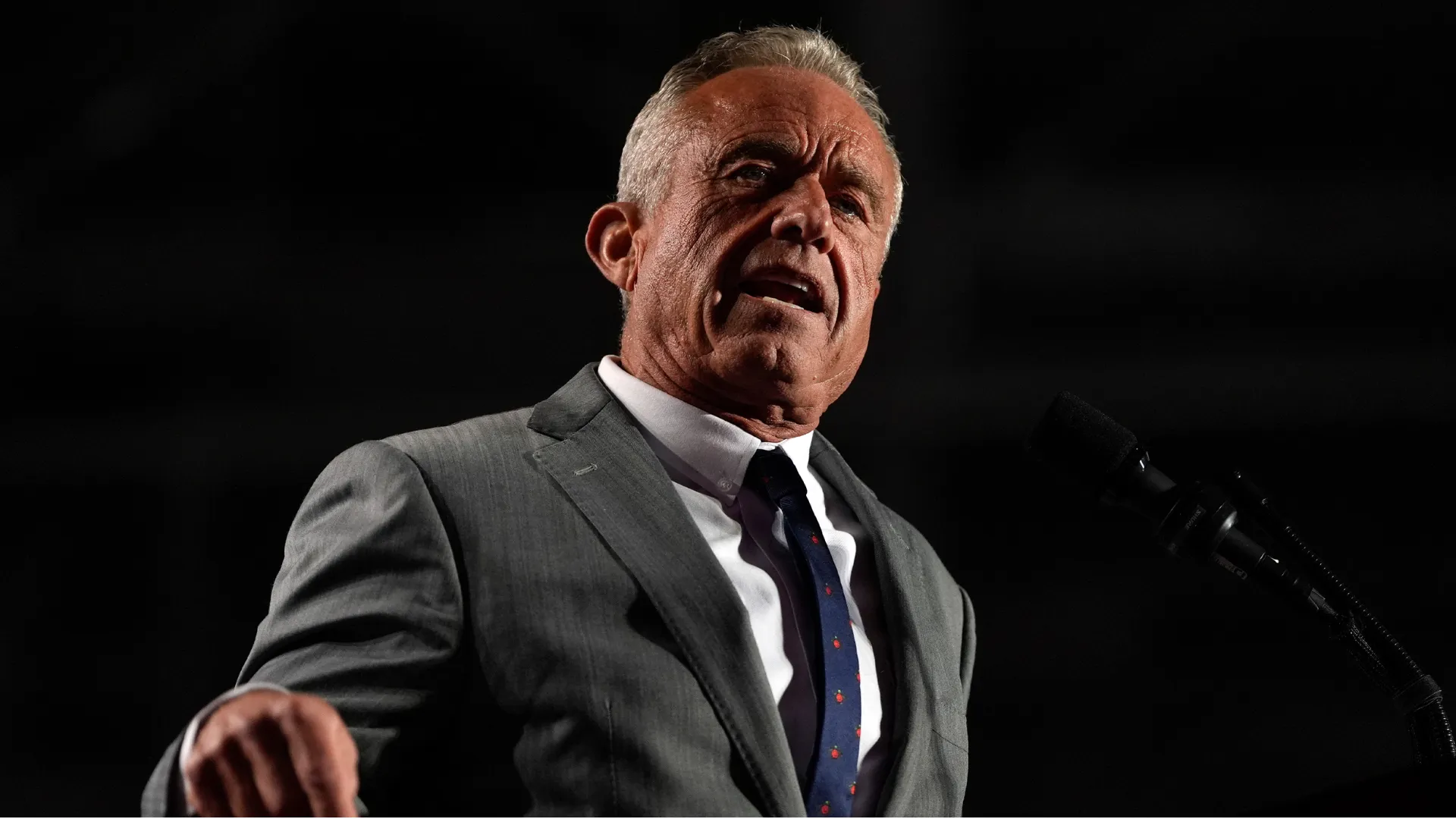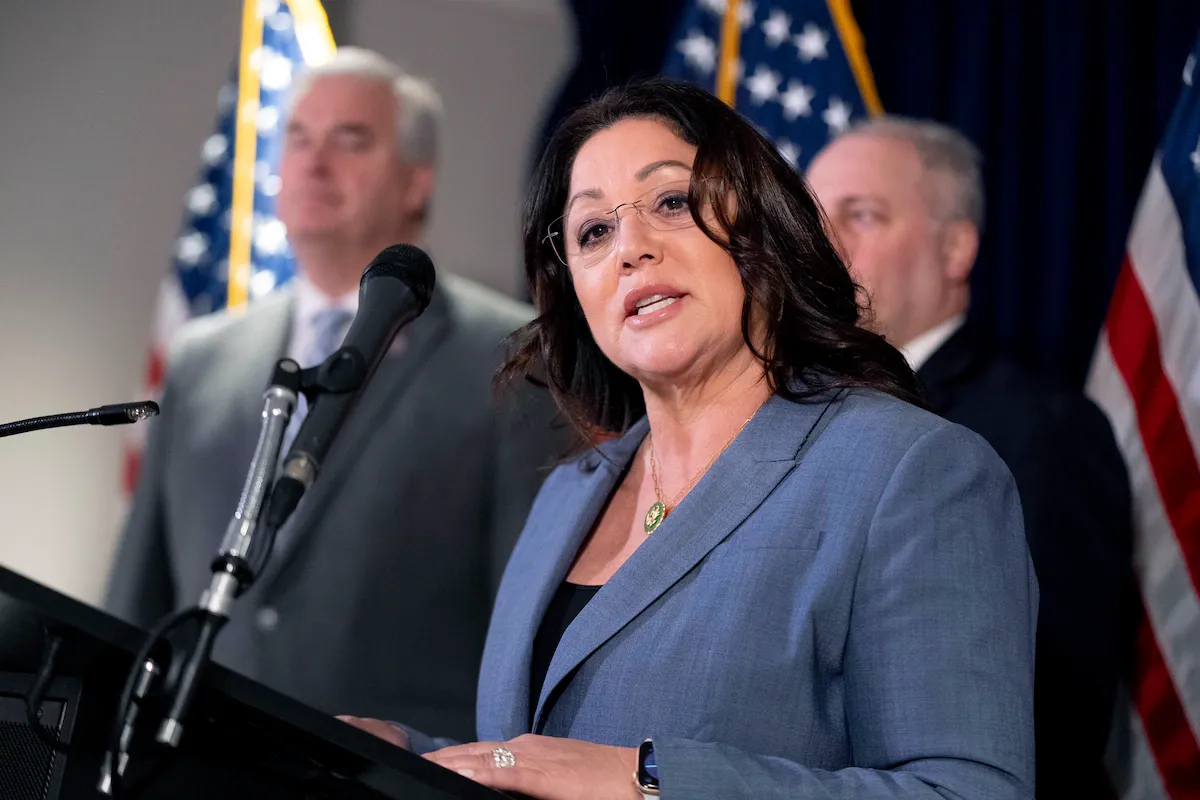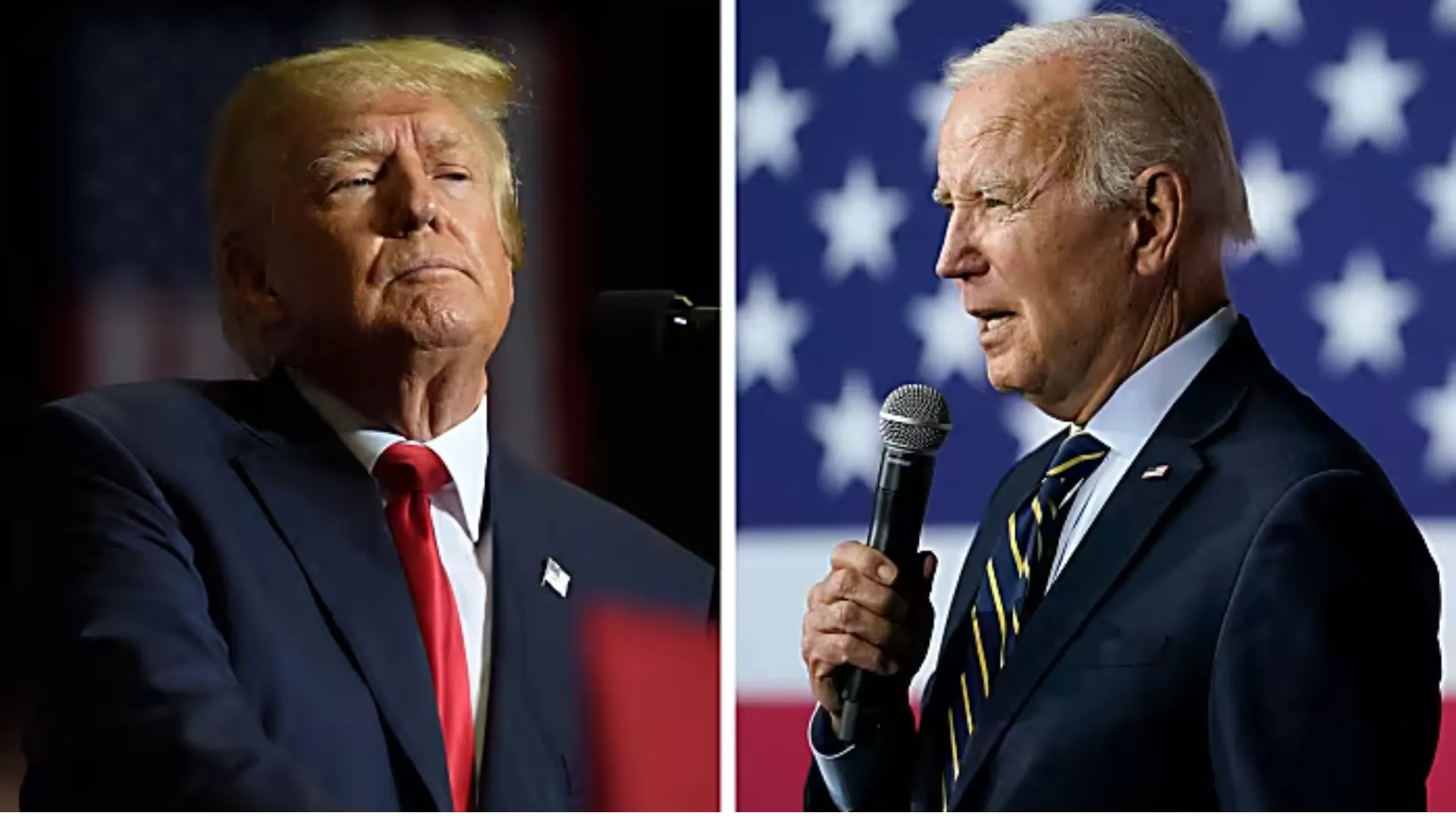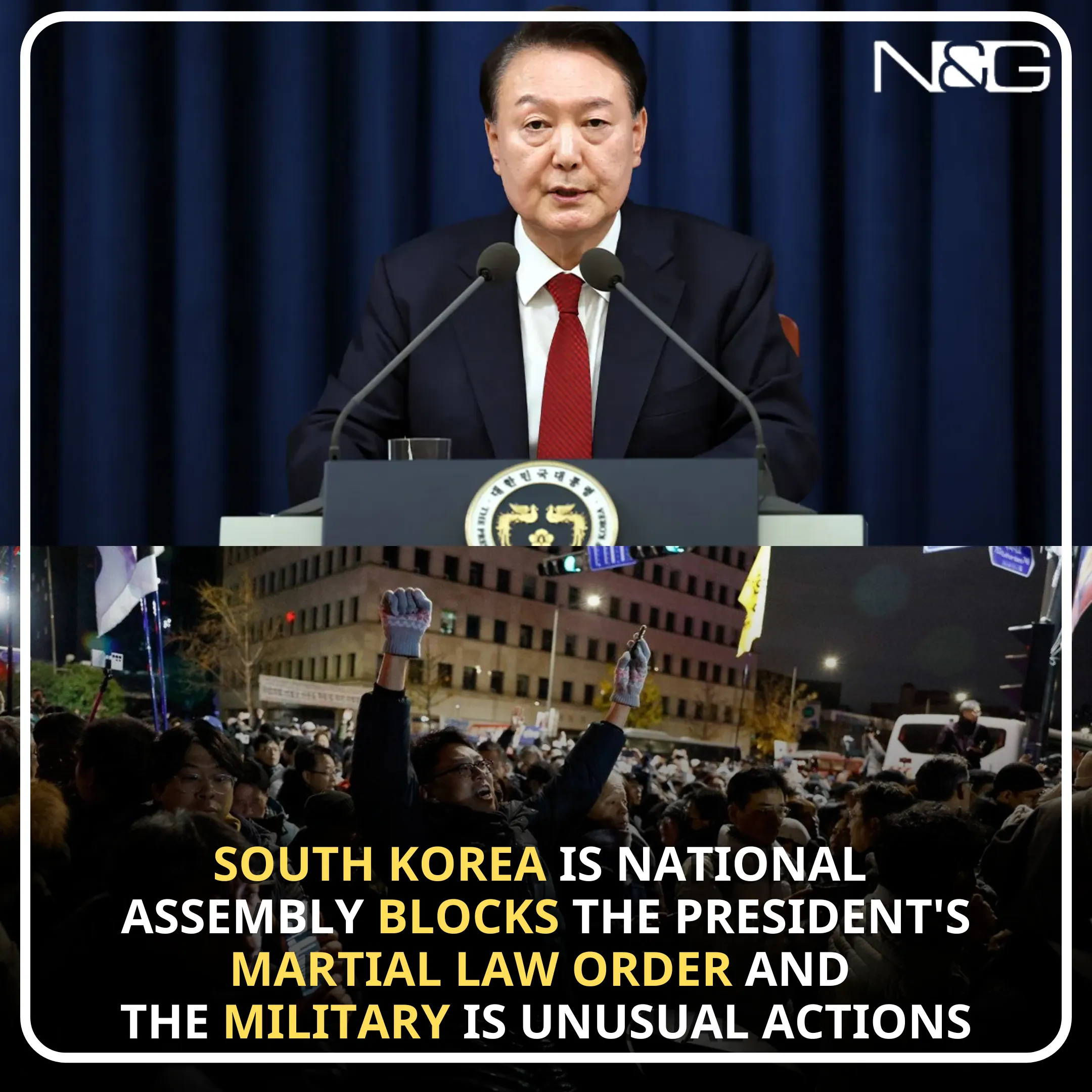
In an unexpected move that’s sparking controversy and stirring the already heated political climate surrounding the Trump administration, President Donald Trump announced Friday that his administration has brokered a series of deals with five of the most prominent law firms in the United States.
These firms — Kirkland & Ellis, Allen & Overy, Shearman & Sterling, Simpson Thacher & Bartlett, and Latham & Watkins — will provide an estimated $600 million worth of pro bono legal services.
The agreements, intended to assist the administration’s policy priorities, come with the stipulation that the Equal Employment Opportunity Commission (EEOC) will cease its investigations into the firms’ hiring practices.
While Trump’s team frames the arrangement as a victory for veterans, law enforcement, and other public service groups, critics argue that it reflects the administration’s ongoing effort to exert influence over the legal profession, silencing dissent and discouraging legal challenges to its policies.
Under the newly announced agreements, each of the five law firms will perform $125 million worth of pro bono work, making this the largest such commitment by law firms to date. These legal giants, known for representing some of the most influential clients in the world, will focus their pro bono efforts on a variety of Trump administration priorities.
In particular, the firms will work on projects involving:
- Supporting veterans and public servants, including military members, Gold Star families, law enforcement, and first responders.
- Ensuring fairness in the justice system and advancing efforts to combat antisemitism.
- Providing pro bono legal services to individuals with political views aligned with the Trump administration.
In exchange for this substantial commitment, the EEOC will withdraw its letters to the firms, which had raised questions about their diversity practices and their potential violations of employment law related to diversity, equity, and inclusion efforts.
The EEOC’s investigation had scrutinized whether these law firms’ initiatives to diversify their workforce might have conflicted with federal employment guidelines.
The announcement of the pro bono agreements and the subsequent EEOC withdrawal has been met with mixed reactions from both political sides.
While some Republican leaders and supporters of Trump praised the deal as a strategic triumph and a necessary step in supporting America’s veterans and first responders, many critics, including legal professionals, civil rights organizations, and prominent Democratic leaders, have raised concerns.
Senator Elizabeth Warren (D-Mass.), known for her aggressive stance on corporate accountability, expressed skepticism about the deal’s intent, calling it a “dangerous precedent” for corporate interference in public policy.
“This move reeks of quid pro quo,” Warren said in a tweet. “When law firms are rewarded with millions in pro bono work for simply bending to the whims of the president, it’s clear that the law is being used as a political tool.”
Similarly, civil rights groups have warned that the deal could have a chilling effect on the ability of public interest lawyers to challenge the administration’s policies.
“The ability to challenge injustice in the courts is one of the last forms of check and balance we have,” said Karen Hinton, spokesperson for the nonprofit group Justice for All. “These deals threaten to undermine that and push us toward a system where legal representation is based on loyalty to political power.”
These legal agreements reflect a long-standing strategy by the Trump administration to exert influence over the legal profession, particularly in its efforts to shape public perception and pressure firms into alignment with the administration’s policy goals.
Pro bono work, traditionally a tool for providing legal access to underserved communities, has increasingly become a political battleground. Under Trump’s leadership, the administration has continued to target both private law firms and government agencies, pushing them to fall in line with its increasingly hardline positions.

This is not the first time Trump has used economic or regulatory pressure to influence how legal professionals approach policy: his administration has previously stripped security clearances from lawyers at firms critical of his policies and even barred certain lawyers from entering federal buildings.
In addition to the tariffs and immigration policies that have defined much of Trump’s tenure, his use of executive orders aimed at curbing the influence of dissenting legal voices has set a dangerous precedent for future administrations, experts warn.
Corporate donations and alliances, especially when tied to pro bono commitments, can distort justice by incentivizing law firms to align with government directives.
The Equal Employment Opportunity Commission (EEOC), an independent agency responsible for enforcing federal laws prohibiting employment discrimination, has increasingly become a point of contention under Trump’s leadership.
The administration has repeatedly pushed back against EEOC investigations and complaints regarding workplace practices that conflict with its political agenda.
In the case of the five law firms, the EEOC had raised concerns about the firms’ diversity and hiring practices, questioning whether their efforts to increase the representation of minority groups could violate federal laws governing equal employment opportunities.
This move sparked outrage from legal and civil rights groups, who argued that it was an attempt to silence efforts to address historical inequities in the legal profession.
By withdrawing the investigation in exchange for the pro bono deals, Trump effectively neutralized the EEOC’s scrutiny, giving the firms an unprecedented incentive to support his policies in return for the opportunity to avoid future investigations or sanctions.
The pro bono agreements between the Trump administration and the five law firms are part of a broader strategy that aims to reshape the role of lawyers and law firms in U.S. politics.
By leveraging the legal profession’s vast resources to support policies aligned with his administration, Trump has made it clear that loyalty — rather than neutrality or independence — is becoming a key factor in determining which firms thrive.
Trump has also signed executive orders that have targeted specific law firms for political retribution, such as the removal of security clearances from lawyers involved in certain litigation.
His administration has imposed penalties on firms that challenge his policies, while rewarding those that align with his political views, creating a two-tier system where legal representation is increasingly dependent on ideological conformity.
For legal professionals and advocacy organizations, this trend has sparked fears about corporate overreach and the potential erosion of democratic checks and balances. In effect, law firms are being asked to choose between serving the public interest or aligning with political power. The fear is that those who do not conform will be sidelined or punished.
Legal aid organizations, many of which rely on pro bono services to serve marginalized communities, have voiced concerns about the growing role of politically motivated pro bono work.
Public defenders, civil rights advocates, and immigration lawyers who challenge Trump’s policies are increasingly facing pressure to tone down their activism in order to retain funding, staffing, and pro bono support.
The American Bar Association (ABA) has expressed concerns about the ethical implications of these pro bono deals, warning that such arrangements could further skew the role of law firms as neutral arbiters of the law.
“Lawyers are entrusted with upholding justice, not acting as political pawns,” said ABA President Deborah Enix-Ross. “These agreements raise questions about whether the legal profession is serving the public good or the interests of the administration.”

As Trump’s war on legal professionals intensifies, the implications for the future of U.S. governance and the legal system are profound. Trump has shown a willingness to use his influence over major legal players to further his policy agenda, setting a dangerous precedent for future administrations.
The five law firms that signed the pro bono deals with the administration have already seen their reputations come under scrutiny. Despite their lofty commitments to “public service,” critics argue that they are choosing political expediency over public interest, contributing to the erosion of the legal profession’s role as an independent pillar of democracy.
For now, Trump’s latest move has set a clear marker: those who align with him will be rewarded, while those who challenge him will face mounting pressure.
The pro bono deals brokered by the Trump administration mark a new chapter in the intersection of politics and the legal profession. By leveraging financial support and legal services in exchange for political loyalty, Trump is reshaping the role of law firms in U.S. governance, while also attacking the ability of legal professionals to challenge his policies.

For now, the deals may be seen as a temporary victory for Trump. But in the long run, they could have serious consequences for the integrity of the legal system and the ability of citizens to challenge unjust laws. In the fight for a more just and transparent government, the legal profession must decide: Will they stand with the truth, or will they bend to the will of political power?





